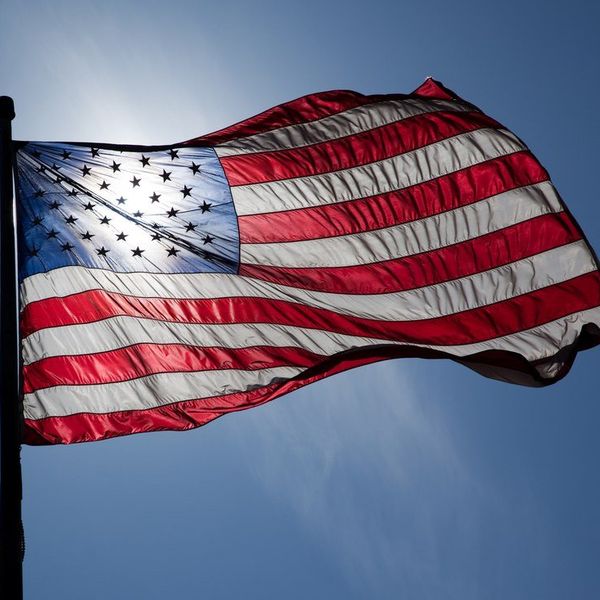In a race to the top of society, money has quickly become the unit as to which we measure people's value. Not only are our points of view affected by ambition and jealousy, but the very concept of wealth has created a divide between the wealthy and the poor.
Money as a status symbol not only occurs between two people but entities such as countries, too.
During the 1400s to the 1600s, as European powers discovered the powers of exploitation in the New World, and countries such as Spain took on mercantilist policies. Their reasoning for restricting trade to only-Spanish entities was to keep New World silver within their borders, increasing their overall wealth. They equated wealth with worth, which set them above other countries, such as England.
For those who can boast of wealth, possessions are often used as a passive way to flaunt superiority.
In the staff of my high school newspaper, those who can't afford laptops or Photoshop subscriptions are often looked down upon, as they have to use outdated Fulton Country desktops. As someone who has experienced both ends of this scenario, for me, MacBooks and the ability to purchase a $400 a year subscription became a glaring status symbol, spurning jealousy and shame at my own inabilities.
In other situations, such as family reunions, I've seen money become the sole motivator behind feuds.
Because I come from a large family, my family members have a wide range of salaries. At reunion dinners, cousins who have become financially successful and work as lawyers and doctors sit separate from the cousins who chose to work as mechanics and deliverymen. This divide within my own family has caused jealousy and snobbiness to run rampant.
In our own nation, there is a divide between blue collar and white collar workers.
In the New York Times Podcast episode titled "Voting With Your Middle Finger," an anthropologist studied Trump's core base and found that many of the blue-collared Americans who voted for Trump saw him as a way for them to rise up in terms of wealth. This divide felt by those who work blue collar jobs is what drove the bulk of Trump's victory. They felt that they'd been losing out on opportunities for wealth, due to immigrants and outsourcing and that their status in the country had been diminished due to the lack of output the provided.
Because wealth means so much to our society when determining status, this divide has caused feelings of jealousy and snobbery. With everybody operating in their own self interest, it's easy to look and be jealous or look on with disdain. Instead of harboring negative feelings towards those with less wealth, we should stop equating money with worth.



















